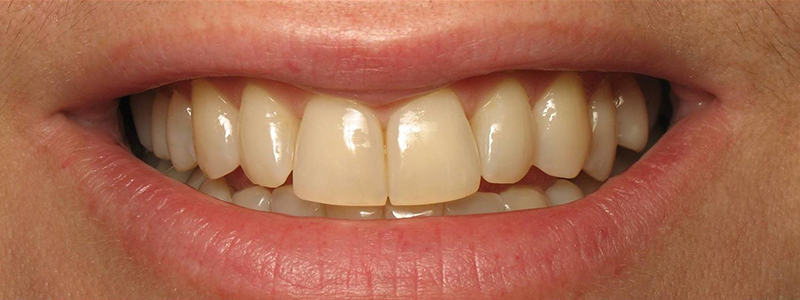Orthodontic treatment, which involves the correction of dental and facial irregularities, is often associated with teenagers wearing braces. However, orthodontic intervention can be beneficial for children as young as seven years old. Early orthodontic intervention, also known as interceptive orthodontics, involves identifying and treating orthodontic problems in young children before they become more complicated.
Some of the benefits of early orthodontic intervention:
- Preventing more severe problems: Early orthodontic intervention can help prevent more severe dental and orthodontic problems from developing. By identifying and treating issues such as crossbites, overbites, underbites, and crowded teeth, orthodontists can prevent these problems from worsening and requiring more extensive treatment in the future.
- Improving facial symmetry and aesthetics: Interceptive orthodontics can also help improve facial symmetry and aesthetics. By correcting issues with the alignment of the jaw and teeth, orthodontists can create a more balanced and harmonious appearance, which can boost a child’s self-esteem.
- Improving oral health: Early orthodontic intervention can improve oral health by making it easier to clean and maintain the teeth. Misaligned teeth can make it difficult to clean all surfaces of the teeth, leading to a higher risk of tooth decay, gum disease, and other oral health problems. By correcting these issues early on, children can enjoy better oral health throughout their lives.
- Shorter treatment time: Early orthodontic intervention can also lead to shorter overall treatment time. By addressing issues before they become more severe, orthodontists can often use less invasive and more efficient treatment methods, which can shorten the duration of treatment.
- Avoiding extractions or surgery: In some cases, early orthodontic intervention can prevent the need for extractions or surgery in the future. By addressing issues with the jaw and teeth early on, orthodontists can help children avoid more invasive and complicated procedures later in life.
If you have concerns about your child’s dental or orthodontic development, it is a good idea to consult with an orthodontist to see if early intervention may be necessary.
Early orthodontic care can address potential issues before they become more complex, ensuring your child’s smile is healthy and well-aligned. Trust Dr. Nikita Agarwal and the expert team at Studio Dentale to provide personalized, effective care for your child’s dental needs. Book your consultation today!





